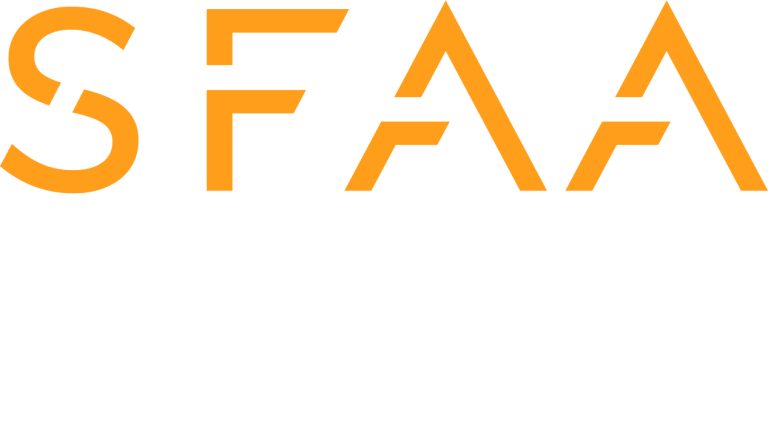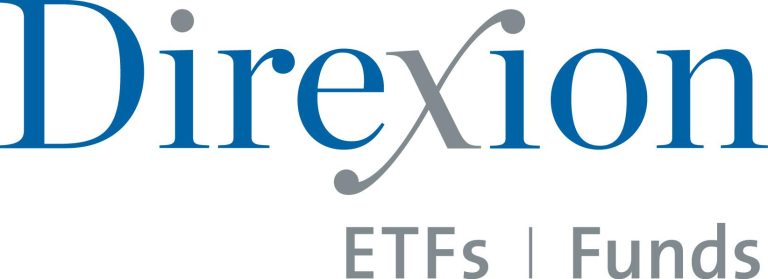
We adhere to strict standards of editorial integrity to help you make decisions with confidence. Some or all links contained within this article are paid links.
There’s passionate debate about how to solve America’s ongoing housing crisis, much of which revolves around mortgage rates, zoning issues, immigration and construction. However, billionaire entrepreneur and investor Mark Cuban believes the biggest issue of all is being overlooked by the public.
Don’t miss
- I’m 49 years old and have nothing saved for retirement — what should I do? Don’t panic. Here are 5 of the easiest ways you can catch up (and fast)
- Thanks to Jeff Bezos, you can now become a landlord for as little as $100 — and no, you don’t have to deal with tenants or fix freezers. Here’s how
- Gain potential quarterly income through this $1B private real estate fund — even if you’re not a millionaire. Here’s how to get started with as little as $10
“Home insurance in areas hit by repetitive disasters is going to be the number one housing affordability issue over the next 4 years. And possibly going into the midterms. More so than interest rates,” he said in a post on Bluesky. “Florida, in particular, is going to have huge problems.”
Home insurance crisis
Home insurance rates have surged, driven primarily by two key factors: inflation and climate change.
The cost of labor and building materials for homes has risen rapidly since the pandemic. Although the price of lumber has recovered, the National Association of Home Builders says things like drywall, concrete and steel mill products are still selling at elevated prices.
For those with a replacement cost insurance policy, it can cost the insurer more to cover the cost of replacing your home without taking depreciation into account. The risk this presents will be reflected in your premium.
While homes are more expensive to replace, they’re also more prone to damage because of climate change.
Severe floods, wildfires and hurricanes have become more frequent, which must be factored into the underwriting of property insurance. According to the Insurance Information Institute, “cumulative replacement costs related to homeowners insurance soared 55% between 2020 and 2022.”
In fact, major insurers like Farmers and Progressive have either left states like Florida or limited their exposure to these disaster-prone regions. Mark Friedlander of the Insurance Information Institute said, “We have estimated up to 15% of Florida homeowners may not have property insurance, based on input from insurance agents across the state.”
Homeowners and potential homebuyers should be aware of how risky it is to go without coverage and prepare for the cost of adequate protection.
Lowering the cost of home insurance may seem difficult with these facts at hand, but it is still possible to shop around for a better deal on your home insurance with MediaAlpha. Moreover, their easy-to-use platform makes finding a better deal possible in just minutes.
Find the best home insurance rates in your area when you answer a few quick questions about yourself and your home. You’ll see a list of offers tailored to your needs so you can easily comparison shop for a new rate on your mortgage.
Read more: Want an extra $1,300,000 when you retire? Dave Ramsey says this 7-step plan ‘works every single time’ to kill debt, get rich in America — and that ‘anyone’ can do it
Ways to protect yourself
If you haven’t purchased a property yet, considering the climate risk of any location you seek to move to is worth your while. The Federal Emergency Management Agency offers flood maps to help you assess risk.
If you already own a high-risk property, consider investing in resilience measures such as securing shutters and roofs, elevating structures in flood-prone areas and using fire-resistant materials in wildfire zones. Doing so can get you a discount on your premium in Florida.
Don’t forget that shopping around is the best way to find an affordable rate. Borrowers who received two rate quotes saved up to $600 annually, according to 2023 research from Freddie Mac. That number rose to $1,200 annually for borrowers who searched for at least four rate quotes from different lenders.
If you want a quick and efficient way to do this, the Mortgage Research Center (MRC) can help you quickly compare rates and estimated monthly payments from multiple vetted lenders. All you have to do is enter some basic information about yourself, such as your zip code, your desired property type and price range and annual income.
Based on the information you provide, MRC will show you mortgage offers tailored to your needs so you can shop for a mortgage with confidence.
After you match with a desired lender, you can set up a free, no-obligation consultation to see if you’ve found the right fit.
Finally, if you can’t afford insurance, look into your state-backed insurer of last resort. California’s FAIR Plan or Florida’s Citizens Property Insurance Corporation could be your ultimate safety net if you can’t find private insurance elsewhere.
Invest in property without owning it
Getting on the property ladder with the soaring price of mortgages and insurance may seem impossible, but you can still grow your wealth in real estate without the hassles of buying, maintaining and insuring a property.
The $36 trillion U.S. home equity market has historically been the exclusive playground of large institutions, but new investing platforms are making it easier than ever to tap into the real estate market.
For accredited investors, Homeshares gives access to the $36 trillion U.S. home equity market, which has historically been the exclusive playground of institutional investors.
With a minimum investment of $25,000, investors can gain direct exposure to hundreds of owner-occupied homes in top U.S. cities through their U.S. Home Equity Fund — without the headaches of buying, owning or managing property.
With risk-adjusted internal returns ranging from 12% to 18%, this approach provides an effective, hands-off way to invest in owner-occupied residential properties across regional markets.
If you’re not an accredited investor, crowdfunding platforms like Arrived allows you to enter the real estate market for as little as $100.
Arrived offers you access to shares of SEC-qualified investments in rental homes and vacation rentals, curated and vetted for their appreciation and income potential.
Backed by world-class investors like Jeff Bezos, Arrived makes it easy to fit these properties into your investment portfolio regardless of your income level. Their flexible investment amounts and simplified process allows accredited and non-accredited investors to take advantage of this inflation-hedging asset class without any extra work on your part.
What to read next
- Don’t have the cash to pay Uncle Sam in 2025? You may already be eligible for a ‘streamlined’ handshake with the IRS — here’s how it works and how it can potentially save you thousands
- Here are 5 ‘must have’ items that Americans (almost) always overpay for — and very quickly regret. How many are hurting you?
- Robert Kiyosaki warns of a ‘Greater Depression’ coming to the US — with millions of Americans going poor. But he says these 2 ‘easy-money’ assets will bring in great wealth. How to get in now
This article provides information only and should not be construed as advice. It is provided without warranty of any kind.


